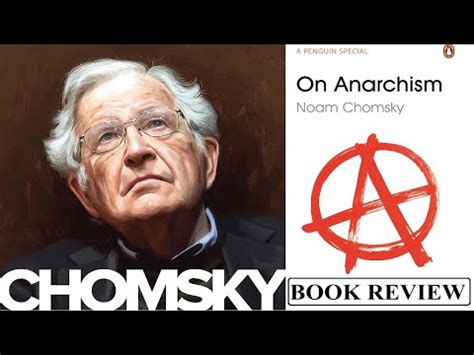George Orwell’s seminal work ‘Homage to Catalonia’ provided a vivid account of the Spanish Civil War that not only captured the grim realities of the conflict but also profoundly influenced readers, including renowned intellectual Noam Chomsky. This piece of literature has been instrumental in shaping Chomsky’s path to anarchism and his enduring critique of media and state power. Orwell’s candid and unflinching portrayal of the brutalities and complexities of war laid bare the ideological divides that significantly impacted Chomsky’s worldview. Chomsky’s deep-seated skepticism of government and media, often depicting them as mechanisms of control, echoes Orwell’s distrust of entrenched power structures.
Despite his anarchist leanings, some recent comments by Chomsky during the COVID-19 pandemic have sparked controversy. His advocacy for social shunning of the unvaccinated has been perceived by some as a departure from anarchist principles. A noteworthy comment from lowkey voices hesitation to label Chomsky an anarchist after such remarks. The core of anarchism opposes coercion and hierarchical control, yet Chomsky’s stance here touches on public health concerns that challenge absolute interpretations of personal freedom. The intersection of health mandates and individual liberty is a complex issue that has inevitably tested many ideological frameworks, anarchism included.
The discourse was further complicated by comments like those from tomjakubowski, who pointed out Chomsky’s nuanced view on vaccination which did not strictly call for state-enforced mandates but rather self-isolation by the unvaccinated. He cited an interview where Chomsky opposed a vaccine mandate and suggested voluntary self-isolation. This viewpoint strives to balance public health with individual rights, although it inevitably polarizes opinions. Meanwhile, blackeyeblitzar raised the question of whether private entities enacting bans on unvaccinated individuals align with anarchist principles, adding another layer of complexity to Chomsky’s perceived stance on freedom and control.
Media Bias and Chomsky’s relentless critique of it also draw from Orwell’s examinations of propaganda. Within the comments, we observe a juxtaposition of how society perceives authority and truth. For instance, zdragnar argues that both government and corporate hierarchies are coercive power structures from an anarchist perspective. This reflects Chomsky’s enduring skepticism of both state and private power, a skepticism deeply rooted in Orwellian thought. In an era where information flows rapidly and trust in traditional media is dwindling, Chomsky’s critique remains relevant. His concept of ‘manufacturing consent’ resonates more profoundly in today’s media landscape, where plurality of voices vies against narratives often shaped by those in power.
Conversely, others within the thread questioned the consistency in anarchist thought. The battle among definitions, as noted by Analemma_, mirrors the broader ideological showdown experienced during Orwell’s time. The confusion leads to an ongoing struggle to apply anarchistic theories in a practical context. The recursive debates on authority’s justification, highlighted through Chomsky’s statements, reflect an iterative questioning similar to Orwell’s narrative approach. Such debates underscore that the quest for a just society is fraught with interpretative challenges.
Perhaps the clearest takeaway from this exploration is captured by pessimizer’s reflection on Chomsky’s evolving thoughts impacted by contemporary realities. It illustrates how success and constant exposure to optimistic activism can sometimes distort one’s engagement with living issues. Orwell’s own evolution as a thinker under harsh conditions provided a prototype for Chomsky’s intellectual journey. In the end, while Chomsky’s critiques of power and media reflect Orwellian inspiration, his recent commentary on public health showcases the complexities that ideologies face when confronting real-world exigencies.


Leave a Reply